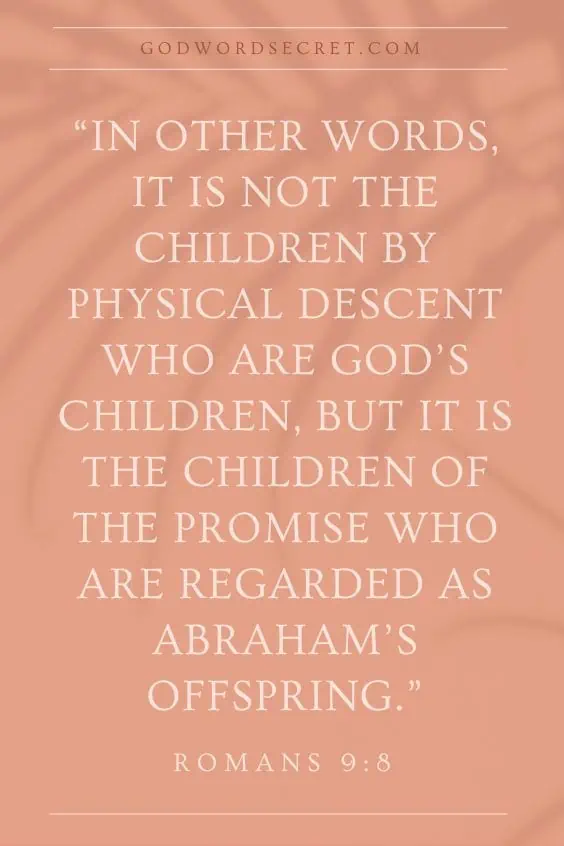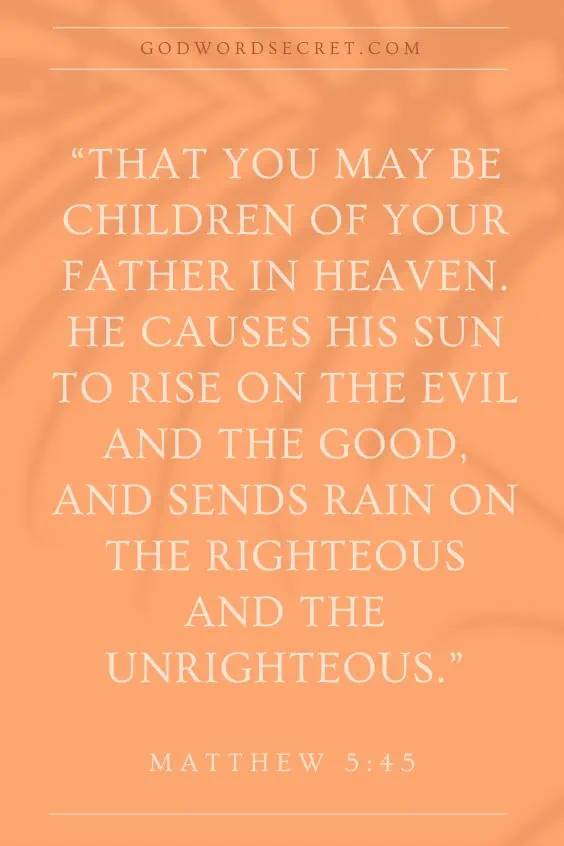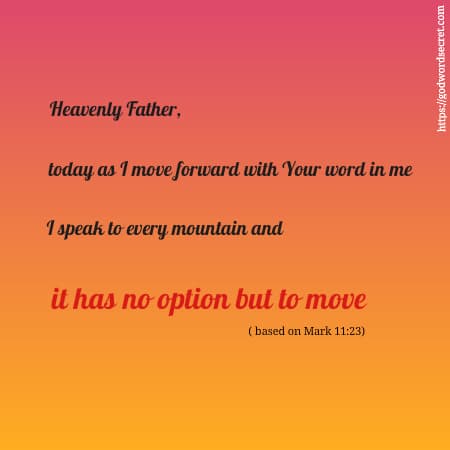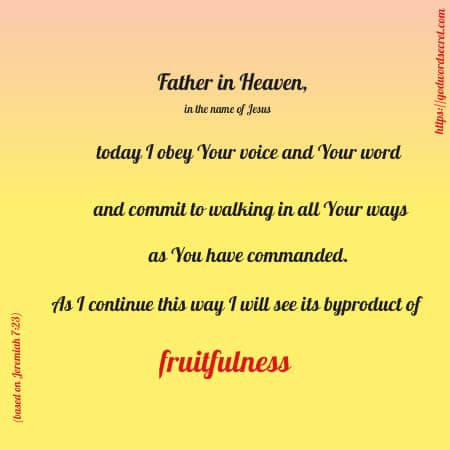God’s Generosity And Favor
For the kingdom of heaven is like unto a man that is an householder, which went out early in the morning to hire labourers into his vineyard. And when he had agreed with the labourers for a penny a day, he sent them into his vineyard. And he went out about the third hour, and saw others standing idle in the marketplace, and said unto them; Go ye also into the vineyard, and whatsoever is right I will give you. And they went their way. Again he went out about the sixth and ninth hour, and did likewise. And about the eleventh hour he went out, and found others standing idle, and saith unto them, Why stand ye here all the day idle? They say unto him, Because no man hath hired us. He saith unto them, Go ye also into the vineyard; and whatsoever is right, that shall ye receive. So when even was come, the lord of the vineyard saith unto his steward, Call the labourers, and give them their hire, beginning from the last unto the first. And when they came that were hired about the eleventh hour, they received every man a penny. But when the first came, they supposed that they should have received more; and they likewise received every man a penny. And when they had received it, they murmured against the goodman of the house, saying, These last have wrought but one hour, and thou hast made them equal unto us, which have borne the burden and heat of the day. But he answered one of them, and said, Friend, I do thee no wrong: didst not thou agree with me for a penny? Take that thine is, and go thy way: I will give unto this last, even as unto thee. Is it not lawful for me to do what I will with mine own? Is thine eye evil, because I am good? So the last shall be first, and the first last: for many be called, but few chosen. Matthew 20:1-16
The parables of Jesus show us many angles and insights regarding the principles and values of the Kingdom of God; one of those is The Parable of the Laborers in the Vineyard. Reading from Matthew 20:1-16, we can see that there’s an angle of economical, ministerial, and spiritual aspects to the story. Jesus shows us that the principles of the Kingdom of Heaven are different from the principles of the kingdoms of this world.
In the story, we see that there was a first batch of workers that were hired who started working early, and then later on, the boss or the landowner employed a second batch of workers in the afternoon. When they received their pay, they were all given the same amount. If we are to assess their pay based on each employee’s performance, we would say that those who worked for more hours deserved more money, while those who worked for only a few hours deserved a lesser wage. Yet the landowner gave each of his employees the same wage. The workers who worked first thing in the morning felt that this was unfair. However, the landowner replied to them, “Friend, I do thee no wrong: didst not thou agree with me for a penny? Take that thine is, and go thy way: I will give unto this last, even as unto thee. Is it not lawful for me to do what I will with mine own? Is thine eye evil, because I am good? So the last shall be first, and the first last: for many be called, but few chosen” (Matt. 20:13-16).
In a historical context, Jesus showed them the condition between sinners and those who are devoted to religious laws. God’s grace and generosity through Christ Jesus challenges the worldly principles of the Pharisees and scribes who were working their way through the Kingdom of God based on their own works and righteousness. And the last hired workers—the ones who were idle and unemployed—symbolize the outcast and the rejected of their society. Jesus showed them that the grace of God works the same for everyone, demonstrating that such people also deserve the same favor and blessings. That’s why Jesus added, “So the last shall be first, and the first last: for many be called, but few chosen.” Those who earned their achievements and were highly praised, accepted, and favored in the world shall now be last in the Kingdom of God, while those who were rejected, unaccepted and outcast in the world have favor in the eyes of God and shall go first in the Kingdom of Heaven.
In today’s world, through this parable, God shows us the kind of generosity and grace He has, which is meant for everyone, without any condition or restriction. Unlike how our world works, God isn’t generous and gracious only with those who think they deserve them. God has His own ways of challenging our mindsets such that even the worst people we can think of can also be blessed. It is not up to us, but up to God. He gives mercy to whom He pleases (Romans 9:8 In other words, it is not the children by physical descent who are God’s children, but it is the children of the promise who are regarded as Abraham’s offspring.) and He sends rain on both the just and the unjust, as he makes the sun shine on both good and evil (Matthew 5:45 that you may be children of your Father in heaven. He causes his sun to rise on the evil and the good, and sends rain on the righteous and the unrighteous.).
As Christians, this parable reminds us that whatever we are called to do, we should simply focus on our personal relationship with God, mind our own business, and focus on our own race of faith in Him. He is faithful and will reward each of us accordingly.






